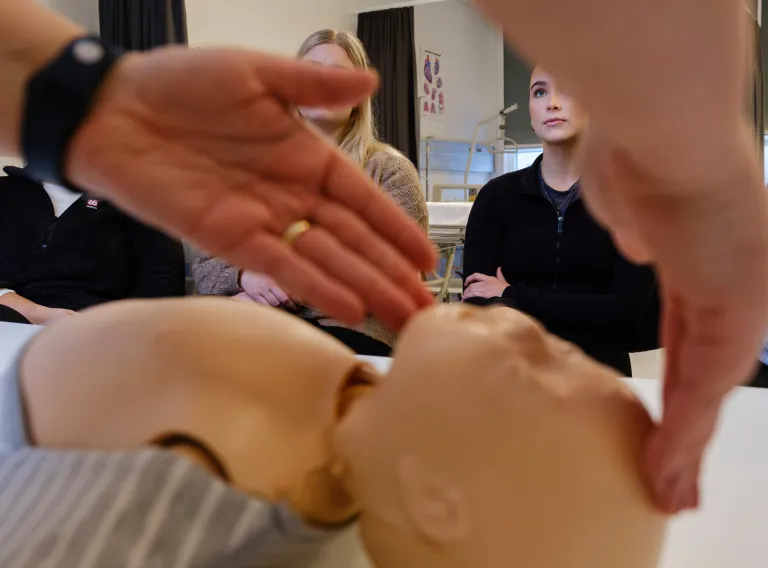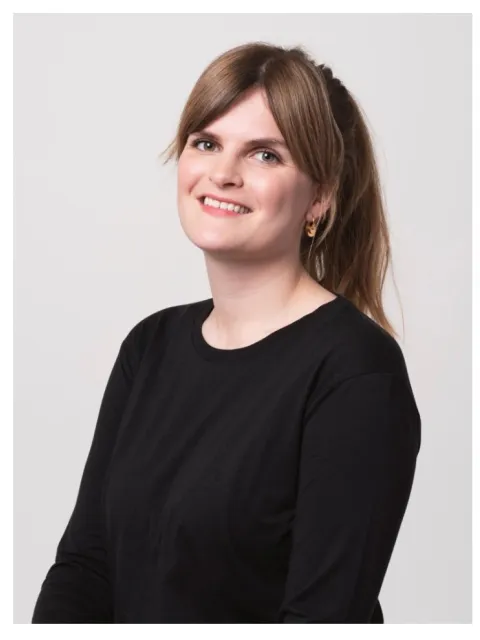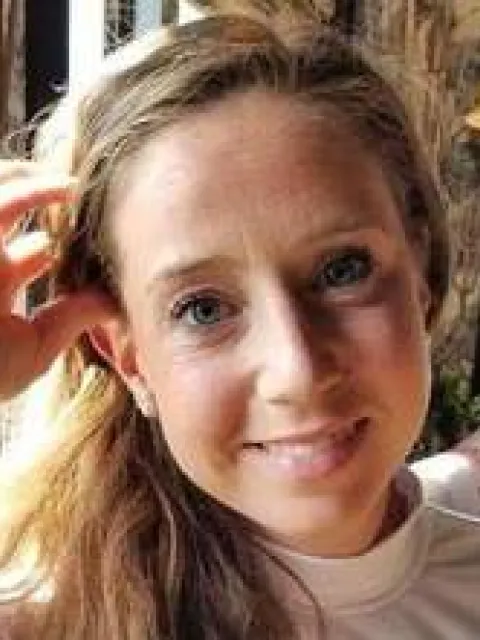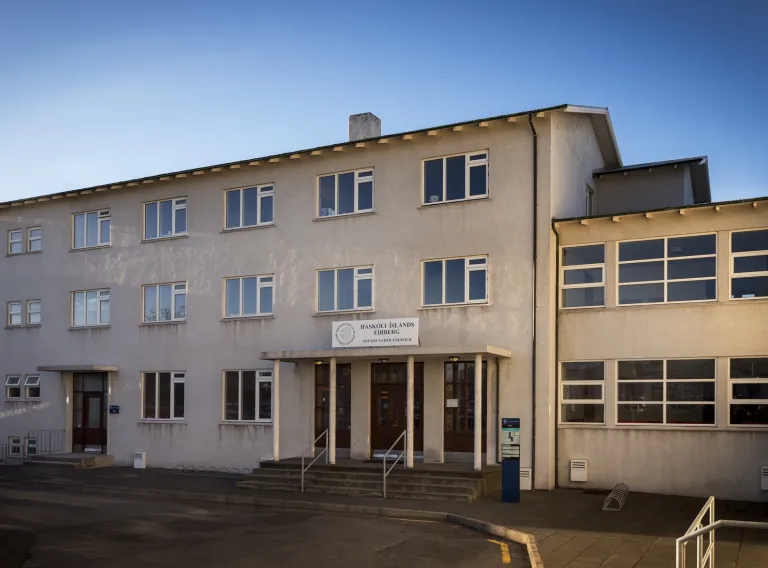

- Have you completed a BS/BA/B.Ed. degree?
- Are you a nurse planning to take the MS in midwifery with professional recognition?
- Are you a nurse with an Icelandic nursing license but a degree from another country that is not considered equivalent to the Icelandic BS and are you considering graduate studies?
Prerequisites for applying to the MS in midwifery with professional recognition
For those who have completed a BS in nursing and have an Icelandic nursing license.
The programme includes the following two courses, totalling 12 ECTS.
- Women, health and society
- Sexual and reproductive health
Prerequisites for nurses with an Icelandic nursing license and a degree from another country not considered equivalent to the Icelandic BS.
Prerequisite study path A
This programme is designed for students who have an Icelandic nursing license and have completed a nursing degree equivalent to a three-year programme at an Icelandic university (180 ECTS). The programme is made up of six courses, totalling 30 ECTS. The courses were chosen based on experience of the knowledge most commonly lacking in nursing graduates from other countries, namely research-based studies and various knowledge about the Icelandic healthcare system. The courses on this programme will fill these gaps.
Prerequisite study path B
This programme is designed for students who have an Icelandic nursing license and have completed a nursing degree equivalent to a two-year programme at an Icelandic university (120 ECTS). The programme is made up of 9 courses, totalling 45 ECTS. The courses were chosen based on experience of the knowledge most commonly lacking in nursing graduates from other countries, namely research-based studies and various knowledge about the Icelandic healthcare system. The courses on this programme will fill these gaps.
Please note that this programme is only intended for:
- Nurses that intend to apply for a Master´s in Midwifery with professional recognition must finish the required courses HJÚ828G Women, health and society and HJÚ825G Sexual and reproductive health.
- Licensed nurses that have a degree in nursing from a foreign university that is not comparable to the Icelandic Bachelor´s degree and intend to apply for studies in a graduate programme.
An applicant for the prerequisites for a Master´s in Midwifery with a professional recognition, must have completed a BS degree in nursing and have a valid license to practice as a nurse in Iceland. If the prospective applicant has an equivalent Bachelor´s degree from another university than the University of Iceland they must hand in a certified copy of their diploma, stamped, on paper.
Prerequisites for Midwifery with professional recognition (12 ECTS):
A Bachelor´s degree in nursing is required and a valid license to practice as a nurse in Iceland. Students are expected to complete their studies in one semester.
Programme structure
Check below to see how the programme is structured.
- Year unspecified
- Spring 1
- Sexual and Reproductive Health
- Women, Health and Society
Sexual and Reproductive Health (HJÚ825G)
In the course the students get to know the conceptual framework of sexual and reproductive health (SRH) and explore important issues pertaining to the individual, the couple and how the society can influence SRH of people. Also, the students will get insight into many influential factors on SRH such as diseases which can disturb normal bodily function and influence sexual well-being. The course is supposed to empower students to deal with SRH matters by providing them good knowledge, provide them with opportunities to express themselves about sexual matters and to get practical experience in providing sexual health information to others.
Women, Health and Society (HJÚ828G)
This course is about women, health and society and examines physical, psycho-social and environmental concepts and influence on women's health. Political policy making and concepts about health are explored in relation to gender issues. The focus is on lífe events from a holistic life course perspective and bio-medical approach. Specific knowledge about women’s anatomy and physiology in the context of childbirth is explored. Gynaecology and basic concepts in genetics and chromosomal diagnostics in relation to pregnancy are introduced.
- Spring 2
- HJÚ825GSexual and Reproductive HealthMandatory (required) course6A mandatory (required) course for the programme6 ECTS, creditsCourse Description
In the course the students get to know the conceptual framework of sexual and reproductive health (SRH) and explore important issues pertaining to the individual, the couple and how the society can influence SRH of people. Also, the students will get insight into many influential factors on SRH such as diseases which can disturb normal bodily function and influence sexual well-being. The course is supposed to empower students to deal with SRH matters by providing them good knowledge, provide them with opportunities to express themselves about sexual matters and to get practical experience in providing sexual health information to others.
Face-to-face learningThe course is taught if the specified conditions are metPrerequisitesAttendance required in classHJÚ828GWomen, Health and SocietyMandatory (required) course6A mandatory (required) course for the programme6 ECTS, creditsCourse DescriptionThis course is about women, health and society and examines physical, psycho-social and environmental concepts and influence on women's health. Political policy making and concepts about health are explored in relation to gender issues. The focus is on lífe events from a holistic life course perspective and bio-medical approach. Specific knowledge about women’s anatomy and physiology in the context of childbirth is explored. Gynaecology and basic concepts in genetics and chromosomal diagnostics in relation to pregnancy are introduced.
Face-to-face learningThe course is taught if the specified conditions are metPrerequisitesAttendance required in class
The University of Iceland collaborates with over 400 universities worldwide. This provides a unique opportunity to pursue part of your studies at an international university thus gaining added experience and fresh insight into your field of study.
Students generally have the opportunity to join an exchange programme, internship, or summer courses. However, exchanges are always subject to faculty approval.
Students have the opportunity to have courses evaluated as part of their studies at the University of Iceland, so their stay does not have to affect the duration of their studies.
Completing the BS programme in nursing confers the right to apply for a nursing license.
Nursing is a wide and varied profession with plentiful opportunities for diverse careers in the private and public sectors.
Nurses work in:
- Hospitals
- Health clinics
- Mental health
- Rehabilitation
- Education and prevention
- Relief work
- Administration and strategic planning
This list is not exhaustive.
Graduates from the UI Faculty of Nursing are highly sought after all over the world. The Shanghai Rankings (ARWU) place the Faculty of Nursing at the University of Iceland 100-150 in a list of the best nursing faculties in the world.
Nurses are in high demand in Iceland.
- The student organisation Curator organises a busy social calendar at the Faculty of Nursing and Midwifery. Curator aims to promote fun, community and a positive atmosphere at the Faculty.
- Curator organises events such as new student orientations, workplace tours, mystery trips, etc.
- Follow Curator on Facebook.


Study wheel
What interests you?
How to apply
Follow the path
If you still have questions, feel free to contact us.
The Service Desk is a point of access for all services. You can drop in at the University Centre or use the WebChat at the bottom right of this page.
